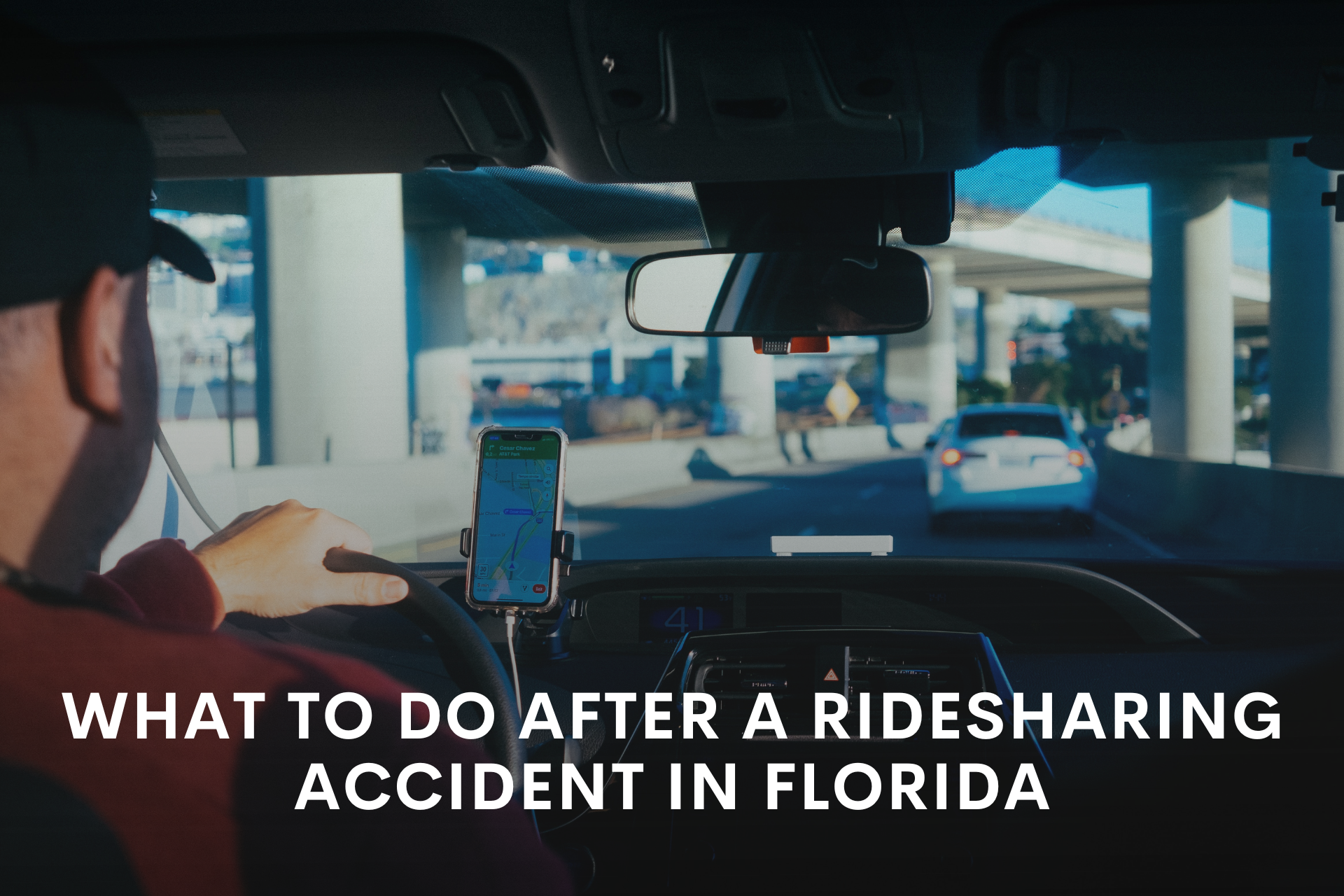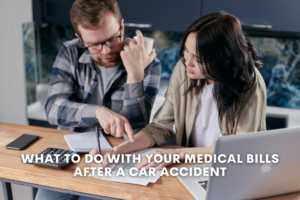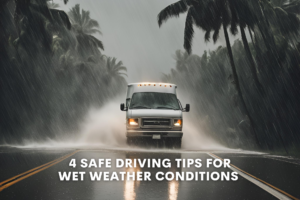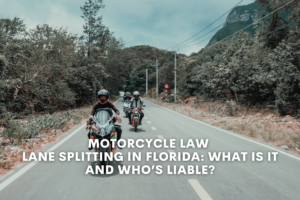Did you know, according to Zippia, 36% of Americans have now used a ridesharing app?
Ridesharing is a convenient way for people to get from point A to point B. Not to mention, it’s also a safe option for people who want to enjoy a few drinks without worrying about getting behind the wheel.
Despite these benefits, ridesharing isn’t immune to the dangers of the road.
Like any vehicle, there’s potential for accidents and in this blog post, we share advice on what you should do if you’re in a ridesharing accident in Florida.
Ridesharing Requirements in the State of Florida
It’s required that every ridesharing driver have their own private, personal insurance coverage.
This protects them when they’re not working and using their vehicle.
When the rideshare driver is signed into the app and looking for passengers, Uber and Lyft provide drivers with coverage that includes:
– Bodily injury per accident – $100,000
– Bodily injury per person – $50,000
– Property damage per accident – $25,000
If a passenger is in the vehicle during an accident, Uber and Lyft may provide uninsured/underinsured motorist coverage.
What to do After a Ridesharing Accident in Florida
If you’re involved in a ridesharing accident, whether you’re the passenger of the ridesharing service or the driver of the other vehicle involved, it’s important to understand the next steps to protect yourself legally.
Below you’ll see that each step is labeled with the suggested advice for each party involved. For example, Passenger and driver, Passenger, and Driver.
- Passenger and Driver: First and foremost, always check for injuries and call 911 immediately. Even if no one’s hurt, it’s always best practice to call law enforcement to come to the scene.
- Passenger and Driver: Seek medical treatment if necessary. Aches and pains shouldn’t be ignored. Keep a record of your medical documents. These records are important if you plan to file a personal injury claim.
- Passenger and Driver: Just like any motor vehicle accident, you want to take pictures/videos of the scene and jot down any notes about the events.. Documentation is critical evidence in a case.
- Passenger and Driver: Report the accident to the ridesharing service (Uber or Lyft). Both services provide accident report forms on their websites – Uber passenger report and Lyft passenger report.
- Passenger: Don’t make any statements to Uber and/or Lyft’s insurance companies. Contact a personal injury lawyer to handle these details.
- Driver: Collect the ridesharing driver’s information including name, company ID, license plate, and the information on their driver’s license. Take a picture of the rideshare app open on the rideshare driver’s phone.
- Passenger and Driver: Learn your rights. If you’ve been involved in a ridesharing accident, consider contacting a personal injury lawyer.
As an award-winning personal injury lawyer in Tampa, we understand the nuances of the law and we’ll help you get the justice and compensation you deserve.
If you’re ready to file a personal injury claim, contact us today and set up your free case evaluation.

